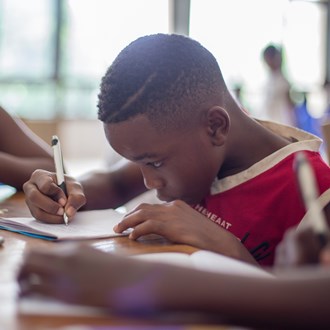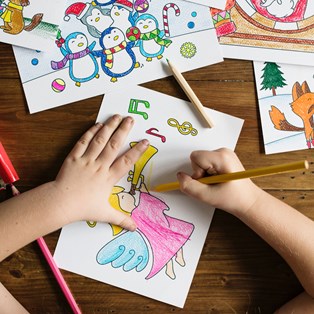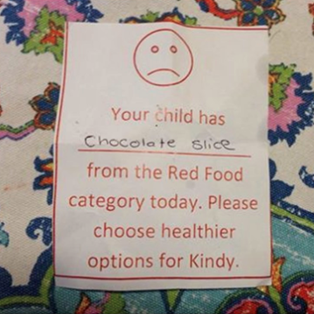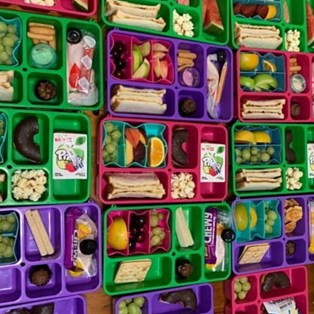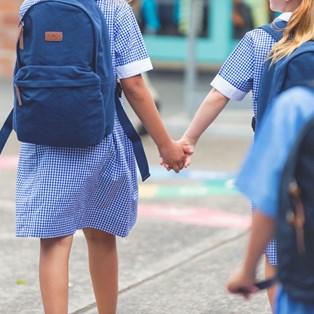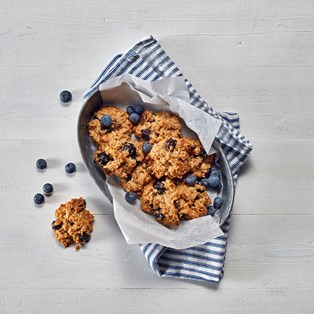10 tips to help prepare your child for big school
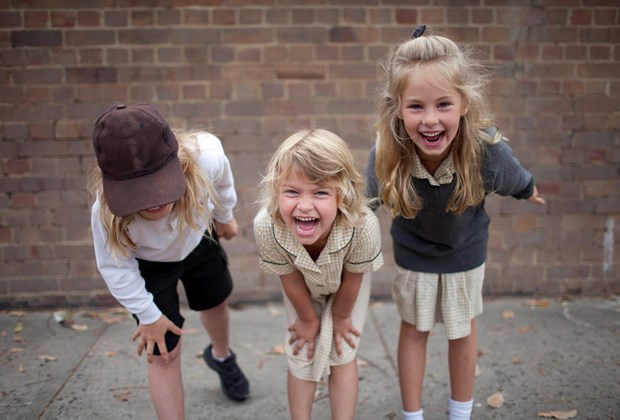
How to make the transition successfully
Starting school is a huge milestone in your child’s life, and for you, too! Whether it’s your first or third child about to head off to ‘big school’, everyone handles the transition in different ways. Here are 10 tips to help you get your little one ready for school.
1 Do lunch box trials
Before your child starts school, get them used to opening their lunch box, unwrapping any packages and eating it. Go shopping together and help them choose a lunch box and water bottle, then help them learn how to open and close them. Maybe plan a few picnics at the park to help them prepare, and take them to the supermarket to buy food and discuss what they’d like to eat.
2 Do a practice run to the school
Practice preparing for school and do a dry run so you can see how long the new routine will take. This will help you work backwards so you can determine what time everyone needs to be up and out of the house. For the first week or so, build in some extra time so no-one feels rushed, and to give you all a chance to get used to the new routine.
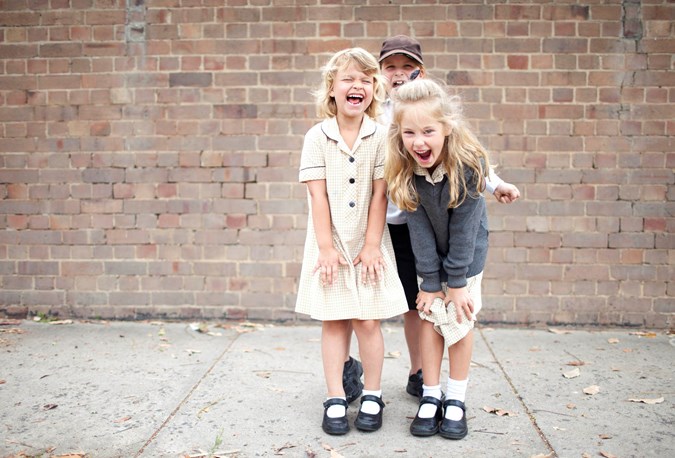
getty images
3 Have regular chats to assuage any fears
For children, a lot of anxiety around school comes from worrying about whether they’ll be able for the work or up to speed with everyone else. They might say “but I don’t know how to read yet,” for example. Reassure them that they will be fine and that the teacher will help them, and that you will help them with any homework or reading at the end of the day. First day, week or even month nerves are normal! If your child gets teary or clingy, give them a big hug, reassure them that they’ll have a great time and you’ll be back to pick them up at the end of the day. And save your own tears for when you get out the school gate!
4 Help them to develop their independence
Encourage your child to prepare for school each day by getting themselves dressed, placing lunch boxes and drink bottles into their bag, and hanging their hats and bags on hooks when they get to school. Tell them that it is important that they care for their belongings, but don’t blow a gasket if they leave a hat or water bottle at school – every child does this and its what labels are for. Lay their clothes out in the evening so they can dress themselves with (relative) ease in the mornings.
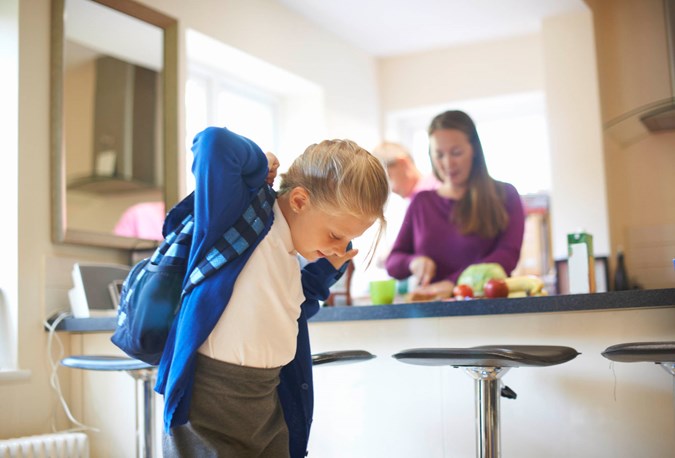
getty images
5 Provide opportunities for socialising
Get to know the other kids and parents at the school. Quite often informal catch-ups and playdates are held at the local park or playground after school pick-up, so if you can use this time to let your child blow off steam and run around with her new friends after class. According to Australian mental health and wellbeing initiative Kidsmatter, it can be good to line up play dates, encourage sharing and taking turns, as well as practicing the back-and-forth of conversation, and chatting about social rules, such as taking turns to speak.
6 Be prepared for pick-up meltdowns
It’s not uncommon for children to get upset or cranky as soon as they see you waiting to pick them up after school. There’s a reason for this! It’s called after-school restraint collapse and happens when they release their emotional, mental and physical energy after a long day at school. Having to sit still, listen and exercise self-control in a way they have not had to before is tiring for little kids, and can manifest in tears or temper tantrums as soon as they see you. Remember that you are your child’s safe space, so it’s actually a good thing that they can feel relaxed and finally ‘let go’ as soon as they see you.
7 Come prepared
When picking your child up from school, bring some snacks and water in case they are hungry after their long day. Play it by ear when it comes to after-school activities. If they seem very tired, a quiet afternoon relaxing might be what they need. Or they may want to run around in the playground to release their energy. Be willing to be flexible and not too restrictive with afternoon activities, and refrain from filling up their schedule too much, particularly in the first year of school.
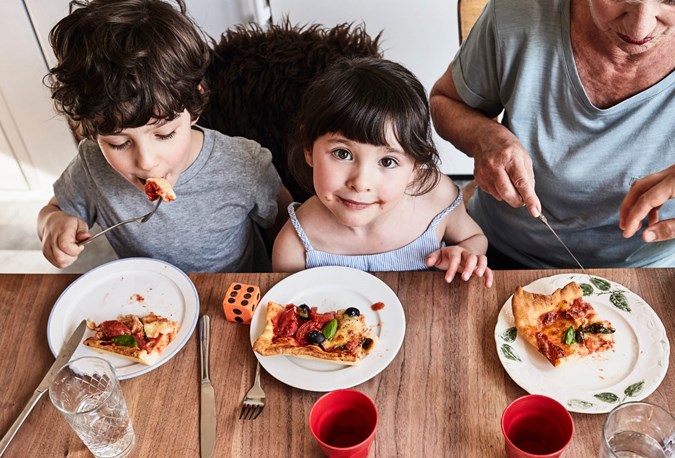
getty images
8 Help them with homework
All schools differ somewhat in the amount of homework (if any) they give children in their first year of school. Don’t feel pressure to insist your child do all their homework, often physical activity is more important after a busy school day. Many educators say the readers are the most important at-home activity to focus on (or just reading in general). So if you find your child only has energy for a little homework, help them to practice their reading.
9 Get involved with the school
Being involved with your child’s school is beneficial for your child, you, the school and the community. But don’t feel as though you have to spend every spare second there, especially if you have lots of other home or work commitments. Whether it’s attending assemblies, helping out at the gardening bee, helping with reading in the classroom, teaching an ethics class, helping out at canteen or just baking a cake for the cake sale, there are plenty of ways to be involved, so just do what you can.
10 Maintain a calm, stable home environment
Easier said than done! But parenting expert Maggie Dent says that stress in the home can impact your child at school. “A stable and supportive home environment will support them in the transition [to big school],” she says. Aim to have relaxed family meals together at the end of the day where you can play ‘high, low’ – when you all talk about the high and low points of each other’s day. “Fill up your children’s love cup, through tickling, hugs, cuddles or a thumbs up,” Maggie suggests. Home should be a place where your child can truly let go and be themselves.

Nicola Conville has worked as a journalist and editor for more than 20 years across a wide range of print and online publications. Her areas of expertise are parenting, health and travel. She has two children; Lucy, age eight, and Nathan, age five.


